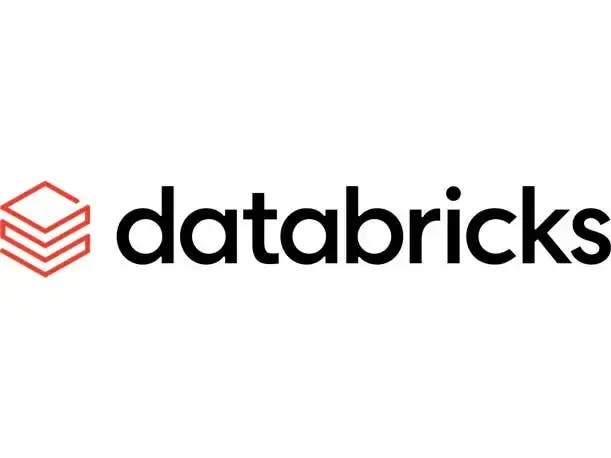Databricks’ New Offering Promises Speedier Analytical, AI Application Development
by nlqip

With the new Databricks Apps partners and customers can rapidly build and deploy native applications for the Databricks Data Intelligence Platform that tap into the system’s data and leverages its data security and governance capabilities.
Databricks is launching a public preview of Databricks Apps, a new set of development capabilities that the company says provides a fast way to natively build and deploy internal data-intensive analytical and AI applications directly on the Databricks Data Intelligence Platform.
The development services are particularly geared toward developing custom software such as AI applications, analytical applications, data visualization dashboards, self-service analytics capabilities and data quality monitoring software.
“Our mission is to democratize data and AI. And as part of the data intelligence platform, we’re building a platform that lets every customer get value from their data and from their investment,” said Shanku Niyogi, Databricks vice president of product management, in an interview with CRN.
[Related: Databricks CEO Ghodsi: Systems Integrator Partners Are Key To Winning ‘The AI Revolution’]
Businesses and organizations today are developing AI and data-heavy applications to take advantage of the growing volumes of data within Databricks, Snowflake and other data platforms. But Niyogi said that presents a number of challenges including complex development processes, integrating the applications with data sources and data pipelines, and securing and governing data as it flows into applications and AI models.
“What we’re basically doing with Databricks Apps is we’ve built a super-simple way to get through those obstacles when you’re building an app,” Niyogi said. “Databricks apps are very easy to build. We’ve tried to take an open approach so you’re not locked into one framework or one tool.”
The initiative is part of the company’s overall mission of “democratizing data” by helping customers generate value from data that’s locked up in data lake systems, Niyogi said. “It’s really to help customers unlock the value they have from their data and their AI in the simplest way possible and be able to drive lots of consumption in the [Databricks] platform.”
Databricks Apps is initially focused on Python, the top programming language for data-intensive applications. Databricks Apps enables developers to build apps natively in Databricks using such tools as Visual Studio Code and PyCharm and popular Python frameworks, such as Dash, Shiny, Gradio, Streamlit and Flask.
“We have a set of built-in templates,” Niyogi told CRN. “If you’ve got an existing app, you can easily bring that to the platform as well. And we support all the authoring tools as well that most developers are familiar with.”
Databricks Apps also makes it possible to incorporate AI components within applications, making it possible for developers to call specific AI models when they need more flexibility, according to the Databricks blog announcing Databricks Apps.
Niyogi said Databricks Apps are “super easy” to deploy, provision and host directly out of Databricks through the use of automated serverless compute features and by building automation into development tools and processes.
And the applications are easy to secure because the applications, data and models all run fully within Databricks, Niyogi said. “You never leave Databricks, unless you really want to. You can run the entire self-contained app and all of its data and AI dependencies directly in your Databricks workspace.”
That workspace has security controls including authentication and permissions, Niyogi said, and the applications are fully governed by the Databricks Unity Catalog centralized data governance system.
Databricks’ channel partners, including some 3,300 consulting and systems integration partners and 750 ISV partners, also will benefit from the new Databricks Apps, Niyogi said.
“We’ve been building a pretty extensive kind of partner ecosystem,” the executive said. “So when we started [Databricks Apps], we actually started by talking to a bunch of partners. We figured we could build a simple story for developers, but what we really wanted to do is unlock the ecosystem with this. So we went and talked to a number of partners, people in verticals that were building applications with data [for] financial services, healthcare, marketing and consumer insights.”
Noting that his company operates the Databricks Marketplace, Niyogi said Databricks Apps greatly benefits the partners who develop and sell pre-packaged applications, data products, and other AI and analytical assets.
“And because these apps run in the customer’s workspace, it opens up a lot of ability to scale those partner efforts,” Niyogi said. “We see huge potential here for our partners to be able to reduce friction in their work with customers by building apps to help them scale.”
Source link
lol
With the new Databricks Apps partners and customers can rapidly build and deploy native applications for the Databricks Data Intelligence Platform that tap into the system’s data and leverages its data security and governance capabilities. Databricks is launching a public preview of Databricks Apps, a new set of development capabilities that the company says provides…
Recent Posts
- Arm To Seek Retrial In Qualcomm Case After Mixed Verdict
- Jury Sides With Qualcomm Over Arm In Case Related To Snapdragon X PC Chips
- Equinix Makes Dell AI Factory With Nvidia Available Through Partners
- AMD’s EPYC CPU Boss Seeks To Push Into SMB, Midmarket With Partners
- Fortinet Releases Security Updates for FortiManager | CISA
